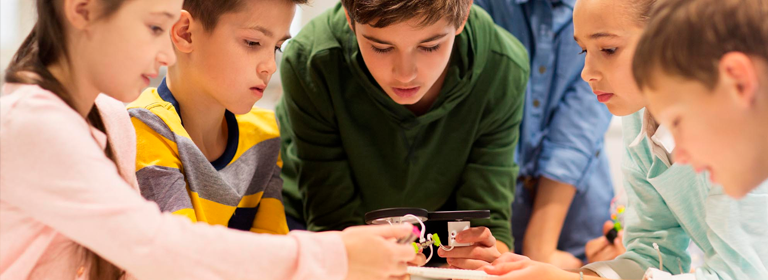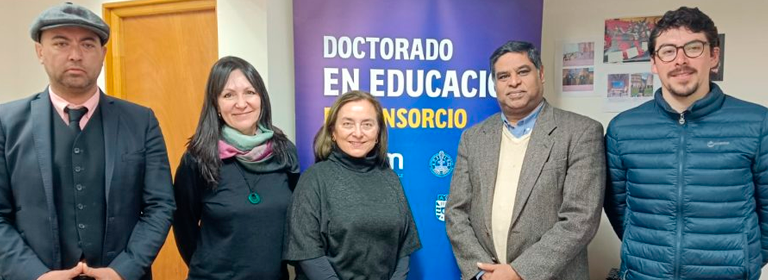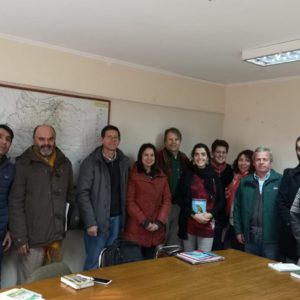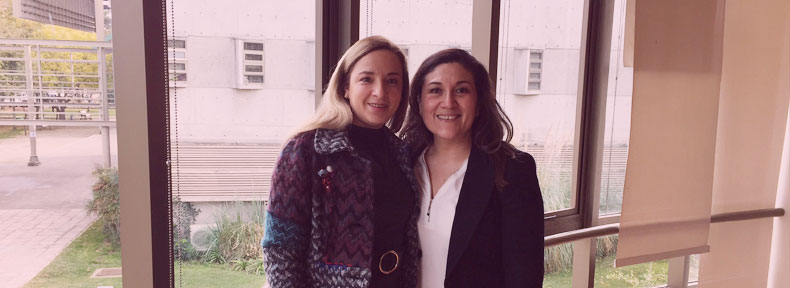A group of experts from three universities was granted funding in the last ANID call for proposals to investigate the learning of children and adolescents from the socioemotional, environmental, cognitive, and neural dimensions.
 Integrating scientific knowledge about the functioning process of the brain in educational practice is one of the objectives of an ambitious project awarded by a group of researchers belonging to three universities in Chile. The initiative entitled «Millennium Nucleus for the Science of Learning» was selected by the National Research and Development Agency (ANID) in its last call for Millennium Nucleus in Social Sciences.
Integrating scientific knowledge about the functioning process of the brain in educational practice is one of the objectives of an ambitious project awarded by a group of researchers belonging to three universities in Chile. The initiative entitled «Millennium Nucleus for the Science of Learning» was selected by the National Research and Development Agency (ANID) in its last call for Millennium Nucleus in Social Sciences.
For the director of the project, the academic from the Universidad Católica del Maule (UCM), Roberto Ferreira, the idea is to install a center that responds to the challenges in the educational system. “There is a lack of proficiency in Chile in subjects such as reading, math, and science, and despite all efforts and investment, there has been no substantial improvement compared with other OECD countries. We do not see a way to improve unless there is a change in how we see education,” explained the also Ph.D. in Psychology from the University of York in the United Kingdom.
«We feel that there is a lot of information in psychology and neuroscience which does not reach education and, in particular, learning. It’s very curious that we work with children and train their brains because we are impacting how their brains develop, and it is unknown how it works. It would be as if a mechanic did not know how a car engine works,» he emphasized.
 Science of Learning: Towards a “transdisciplinary”
Science of Learning: Towards a “transdisciplinary”
According to Cristina Rodríguez, alternate director of the nucleus, generating a new discipline is possible. “We want to merge the three disciplines -Education, Psychology, and Neuroscience- to create a single discipline that allows us to reach the Science of Learning. The research with these three disciplines combined is already being done in Chile, but it still does not have the necessary path to be transdisciplinary,” said the also Ph.D. in Psychology and academic from the UCM.
The center will be funded for three years and will have as principal researchers -who will lead different lines of research- Carla Muñoz and Cristián Rojas-Barahona, both Ph.D. in Psychology; Jorge Valenzuela, Ph.D. in Education Sciences; and Romualdo Ibáñez, Ph.D. in Linguistics.
“We will seek that the results of this research have a practical application at schools. Favoring that this training was based on evidence, as requested by UNESCO in its 2030 Agenda, which very seriously and explicitly says that education is sometimes based only on experience and beliefs,” said Rodríguez.
Of the six principal researchers, four are from the UCM. Rojas-Barahona belongs to the Universidad de Talca and Ibáñez to the Pontificia Universidad Católica de Valparaíso. The experts will also collaborate with researchers from Spain, Belgium, the United Kingdom, the Netherlands, Finland, the United States, and Peru.













